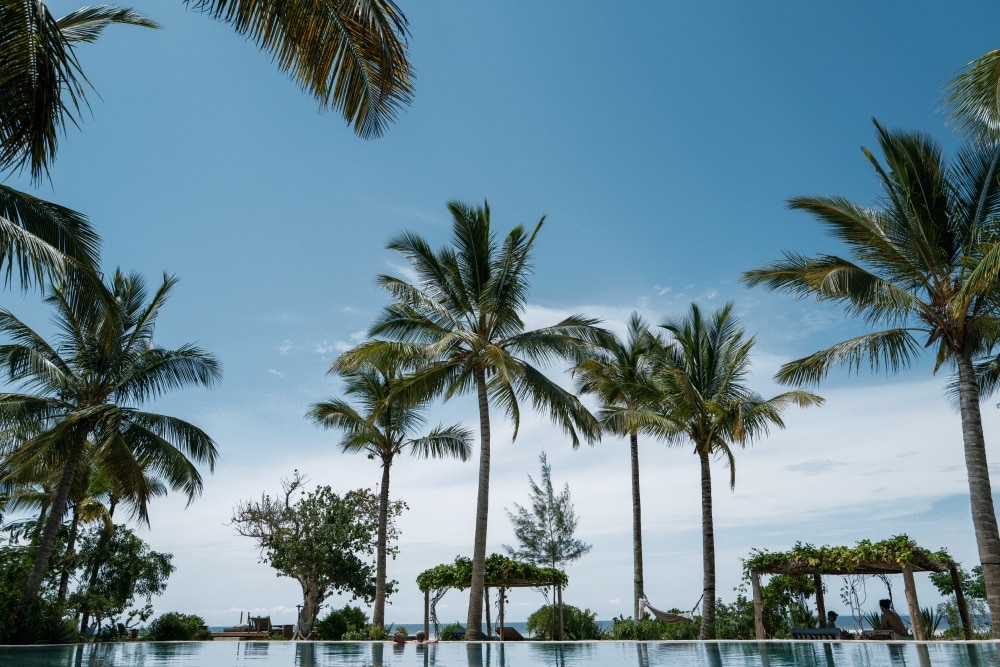COVID-19 travel guide
.jpg?impolicy=fcrop&w=900&h=506&q=mediumHigh)
Travel safely
Travelling, especially in the time of COVID-19, has inherent risk. We’ve compiled travel guidelines from health organisations around the world to help you to make informed choices and reduce your risk when you travel.
This list is not exhaustive, and there might be special precautions you should take based on your personal health history. Please consult your healthcare provider and reputable health information sourcesOpens in a new window. It's important that you do your own research and make your own determination about whether travel at this time is right for you.
Wash your hands often
You've heard it before, and it bears repeating. Wash your hands frequently and thoroughly for at least 20 seconds with soap and water. If soap and water are not readily available, use a hand sanitiser that contains at least 60% alcohol. Avoid touching your eyes, nose and mouth with unwashed hands.
Wear a face mask
Clean your hands with alcohol-based hand sanitiser or soap and water before putting on a mask. Make sure that your mask covers your mouth and nose and that there are no gaps between your face and the mask.
Avoid touching your mask while you're using it. If you have to touch it, make sure that you clean your hands with alcohol-based hand sanitiser or soap and water afterwards.
Practice good coughing and sneezing etiquette
If you're not wearing a mask, cover your mouth or nose with a flexed elbow or use a disposable tissue and discard it immediately after use. Make sure that you clean your hands with alcohol-based hand sanitiser or soap and water after you cough or sneeze.
Keep your (social) distance
Maintain a distance of at least six feet or two meters (about two arm lengths) between yourself and others around you.
Avoid travelling if you don't feel well
If you have a fever, a cough, difficulty breathing, a sore throat or recent changes in your ability to taste or smell, medical professionals recommend that you not travel. If you get sick while you're travelling, stay put and follow the advice of local officials.
Bring backup supplies
If you take medication, medical professionals recommend that you bring enough to last you for the entire trip, keep medication in the original packaging with the label intact and have your prescription paperwork with you.
Consider packing your own alcohol-based hand sanitiser (at least 60% alcohol) and keeping it within easy reach. But also remember that some airports or airlines may have limitations on the volume of liquids that you can carry.
Bring a mask or other face covering to wear in public places. Consider bring backup masks or face coverings, too.
Bring non-perishable food items and water bottles for your trip, in case restaurants and shops are closed. Again, keep in mind that some airlines may limit carry-on food and drinks.
Keep exploring
There's a lot to keep in mind as you consider your options, but the right time to travel will come again. When you’re ready, we'll be here to help you to discover new destinations.
Was this information helpful? Give us feedbackOpens in a new window
